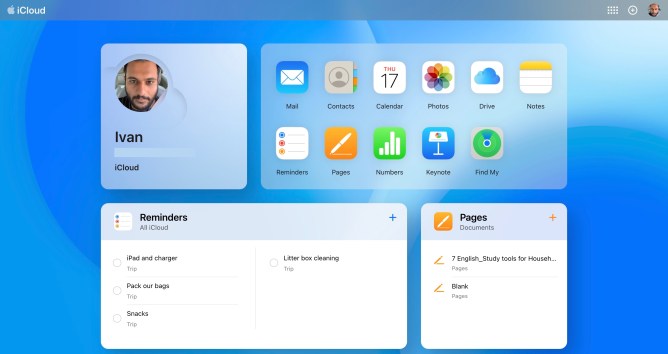Zendesk Sells Itself to Private Equity for $10.2B After Spurning a $17B Offer Earlier This Year
In a surprising turn of events, Zendesk has agreed to be acquired by private equity firm Hellman & Friedman for $10.2 billion, a significant decline from the $17 billion offer it spurned earlier this year. The acquisition marks a challenging time for publicly traded software companies, with many facing declining market values and dwindling investor confidence.
The Market’s Wrath
Zendesk’s decision to sell itself after previously rejecting a larger offer may be seen as a sign of weakness by other public SaaS companies struggling to maintain their market value. DocuSign, another prominent player in the industry, has seen its stock price plummet from $314.76 to $55.96 over the past year, leading some to speculate that its CEO’s recent departure was related to the company’s dwindling investor confidence.
What’s Behind the Decline?
The decline in market values can be attributed to a combination of factors, including the Federal Reserve’s rate hikes, war in Europe, and an inflationary environment that has taken many by surprise. This perfect storm of events has led to a decrease in investor appetite for high-growth companies like Zendesk.
A Lesson to Be Learned?
The Zendesk deal serves as a warning to other public SaaS companies with plunging market caps. With many factors contributing to negative investor sentiment, companies may need to reassess their growth strategies and prioritize cost-cutting measures to stay competitive in the market.
Recurring High-Margin Software Revenues: A New Normal?
The Zendesk deal provides valuable data on the value of recurring high-margin software revenues for companies growing at around 30% mark. This new normal may be a double-edged sword, as it presents both opportunities and challenges for companies seeking to exit or raise capital.
Other Companies Feeling the Pinch
Companies like DocuSign, with over a million paying customers generating a run rate of $2.3 billion, are not immune to the market’s wrath. As private equity firms circle, looking to snap up undervalued assets, investors may be tempted to sell their stakes in these companies at discounted prices.
What’s Next for Public SaaS Companies?
As the market continues to fluctuate, public SaaS companies will need to adapt quickly to changing investor sentiment and economic conditions. This may involve revisiting growth strategies, prioritizing cost-cutting measures, or seeking strategic partnerships to stay competitive in the market.
The Impact on Startups and Venture Capital
The Zendesk deal’s implications extend beyond public SaaS companies, as startups and venture capital firms will need to reassess their investment strategies in light of changing market conditions. This may lead to a more cautious approach to investing in high-growth companies, with a greater emphasis on cash flow management and scalability.
A New Era for SaaS Companies?
The Zendesk deal marks a new era for SaaS companies, one where investors are increasingly focused on value creation rather than growth at all costs. As the market continues to evolve, companies will need to adapt quickly to stay relevant and maintain investor confidence.
Related Topics:
- DocuSign
- Drama
- EC Enterprise
- EC Market Analysis
- Enterprise
- Jana Partners
- Mergers and Acquisitions
- Mikkel Svane
- Momentive
- Startups
- Survey Monkey
Authors:
- Alex Wilhelm – Senior Reporter, TechCrunch
- Ron Miller – Enterprise Reporter, TechCrunch




